Having good supplier management is essential for any company that wants to have a robust and efficient supply chain. Effective management not only ensures the quality of the products and services acquired but also contributes to cost reduction and improved operational efficiency.
In this article, we will explore what supplier management involves, its importance within the company, strategies for implementing it correctly, available technological tools, and best practices to ensure optimal management. Let's get started!
What is supplier management?
Supplier management refers to the comprehensive process through which a company selects, evaluates, and oversees the suppliers that provide it with goods and services. This process covers everything from identifying potential suppliers to the ongoing evaluation of their performance. Supplier management includes activities such as contract negotiation, delivery coordination, and risk management associated with the supply chain.
When aiming to improve supplier management, it is important not only to focus on getting the best price but also to ensure the quality, reliability, and sustainability of supplies. This requires a strategic approach that considers both the company's current and future needs, allowing for a long-term relationship with the suppliers that provide the greatest value.

Importance of good supplier management
Good supplier management is essential within the company for several reasons. First, it ensures a continuous and high-quality supply, which is vital for maintaining production and meeting customer demand. Second, proper management helps reduce costs by negotiating prices and contract terms, as well as identifying opportunities to optimize inventory and deliveries.
Additionally, well-executed supplier management can enhance the resilience of the supply chain by diversifying supply sources and managing risks associated with potential disruptions. It also facilitates innovation and continuous improvement, as companies can work closely with their suppliers to develop new products and improve processes.
Effective strategies for supplier management
Implementing the right strategies is crucial to maximizing the benefits of supplier management. Below are some of the most important strategies:
Evaluation and selection of suppliers
Evaluating and selecting suppliers is the first step in supplier management. This process involves identifying and assessing potential suppliers based on criteria such as product quality, supply capacity, financial stability, and market reputation. It is essential to conduct a thorough analysis and compare multiple suppliers to select those that best align with the company's goals and needs.
The evaluation should include a detailed review of the supplier's infrastructure, production processes, quality systems, and innovation capacity. Additionally, it is important to consider the compatibility between the supplier and the company, as these factors can significantly influence the long-term relationship.
Developing strong relationships with suppliers
Developing strong and collaborative relationships with suppliers is another key to ensuring a consistent and high-quality supply. Relationships based on trust and communication allow for greater flexibility and responsiveness to changes in demand or disruptions in the supply chain.
Companies should work closely with their suppliers to set clear expectations, share relevant information, and collaborate on continuous improvement initiatives. This may include supplier development programs, where the company helps its suppliers improve their capabilities and processes, benefiting both parties.
Monitoring and evaluating supplier performance
Continuous monitoring and evaluation of supplier performance are essential to ensure they meet agreed standards and to identify areas for improvement. Failing to do so can lead to declines in product quality or breaches of agreements, which can result in lost sales.
Using analytical tools allows companies to gain a clear view of their suppliers' performance and make informed decisions about necessary adjustments or changes in supply strategy.

Tools and technologies for supplier management
Technology can now be integrated into all processes of a company, and supplier management is no exception. There are various tools and technological solutions designed to facilitate this process:
Supplier management software
Supplier management software provides a centralized platform for managing all supplier-related activities. These solutions allow companies to automate processes, maintain detailed records, and access advanced analytics to improve decision-making.
Supplier management systems include features for supplier evaluation and selection, contract management, delivery tracking, and performance monitoring.
Automation of supplier management processes
Automating supplier management processes can significantly improve efficiency and accuracy. By automating routine tasks such as requesting quotes, creating purchase orders, and processing invoices, companies can reduce errors, speed up cycle times, and free up resources for more strategic activities.
Integration with purchasing and demand planning software
Integrating supplier management with procurement software and demand planning is highly beneficial for optimal supply chain management. These solutions provide a comprehensive view of future demand and supply needs, allowing companies to plan accurately and coordinate more efficiently with their suppliers.
Integration facilitates real-time information sharing between the company and its suppliers, enhancing synchronization of supply activities and reducing lead times. This also allows for better risk management and the ability to quickly adapt to changes in market demand.
Best practices in supplier management
Implementing best practices in supplier management can make a significant difference in the efficiency and productivity of the supply chain. Here are some of the most recommended practices:
Communication and collaboration
Clear and direct communication with suppliers is crucial for setting precise expectations and resolving issues quickly. Companies should foster a culture of collaboration, where information is shared transparently and all parties work together to achieve common goals.
The use of communication technologies, such as collaborative platforms and project management tools, can facilitate coordination and improve efficiency in supplier management. These tools keep all parties informed, reducing the likelihood of misunderstandings.
Risk management
Risk management is a critical factor in supplier management. Companies should identify and assess potential risks associated with their suppliers, such as supply disruptions, price fluctuations, and quality issues. Developing contingency plans and mitigation strategies can help minimize the impact of these risks.
Diversifying the supplier base and creating safety stock are some of the effective strategies for managing risks. Additionally, companies should continuously monitor the market environment and risk indicators to anticipate and respond to potential threats.
Sustainability and social responsibility in supplier management
Sustainability and social responsibility are increasingly important in supplier management. Companies should work with suppliers who share their values and commitments to sustainable and ethical practices. This includes evaluating the environmental impact of supplier operations, as well as their compliance with labor standards and human rights.
Developing sustainability and social responsibility programs with suppliers can help improve the company's reputation and meet the expectations of consumers and other stakeholders.

Benefits of efficient supplier management
Efficient supplier management can provide numerous benefits to companies, including:
Cost reduction and increased efficiency
Well-executed supplier management allows companies to negotiate better prices and contracts with more favorable terms, optimizing the total cost of acquisition. Process automation and improved coordination with suppliers also help increase operational efficiency, reducing cycle times and costs associated with errors.
Improvement in quality and meeting deadlines
By working closely with suppliers and continuously monitoring their performance, companies can ensure that the products and services received meet the required quality standards. This not only improves customer satisfaction but also reduces costs associated with returns and repairs.
Additionally, good supplier management helps ensure compliance with delivery deadlines, minimizing production disruptions and ensuring that products reach customers on time.
Strengthening the resilience of the supply chain
Optimal supplier management contributes to strengthening the resilience of the supply chain, allowing companies to quickly adapt to changes in demand and face unforeseen disruptions. Diversification of suppliers and close collaboration with them facilitate an agile and effective response to challenges.
Furthermore, the ability to proactively identify and mitigate risks enhances the stability and continuity of operations, protecting the company from potential negative impacts on its supply chain.
Efficient supplier management can lead you to success
In summary, supplier management is a key factor for the success of any company that depends on an efficient supply chain. Implementing effective strategies, using advanced technological tools, and following best practices can provide great benefits in terms of cost reduction, quality improvement, and strengthening the ability to respond to unforeseen events.
Proper supplier management not only optimizes day-to-day operations but also positions the company for sustainable long-term growth. By fostering strong and collaborative relationships with suppliers, companies can continuously innovate, enhance their competitiveness, and ensure their success.
At Imperia, we help our clients improve the efficiency of their supply chains. With our demand, purchasing, and production planning software, we can enhance every process, increasing productivity and competitiveness. To learn more, request a free demo with our experts .
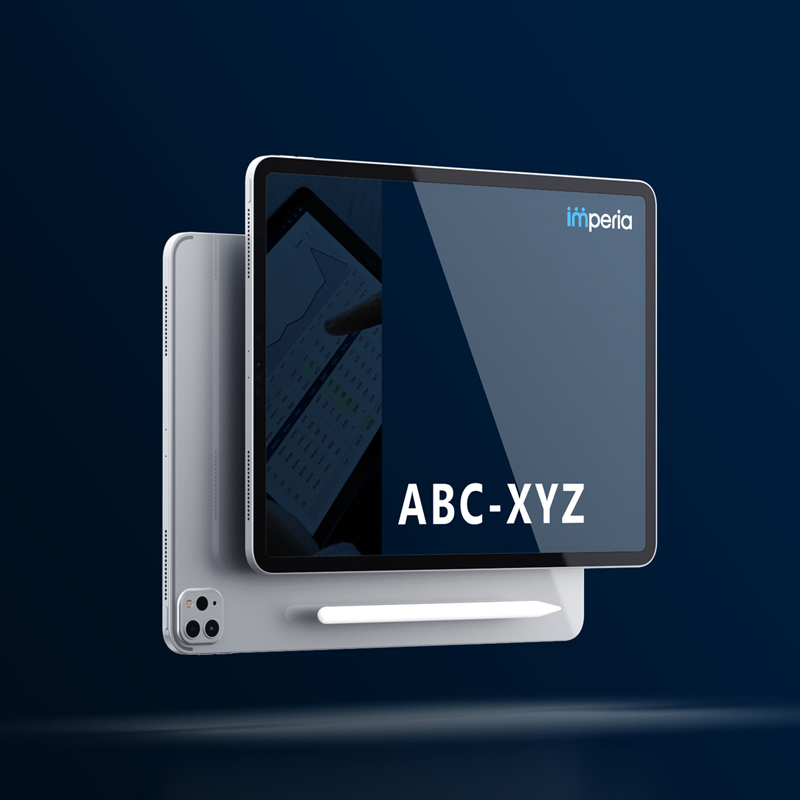
Enter your email and download the content
In supply chain management, identifying key elements that require special attention can make the difference between success and failure.

























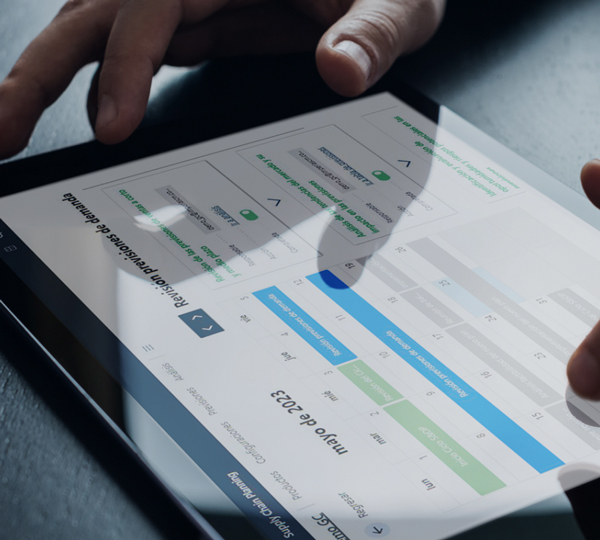
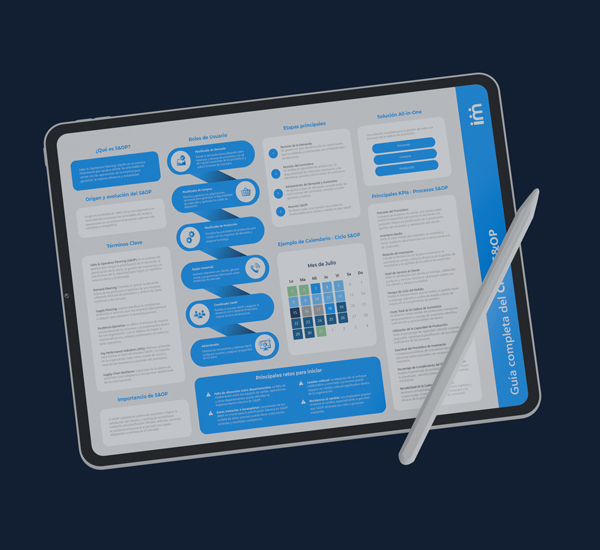







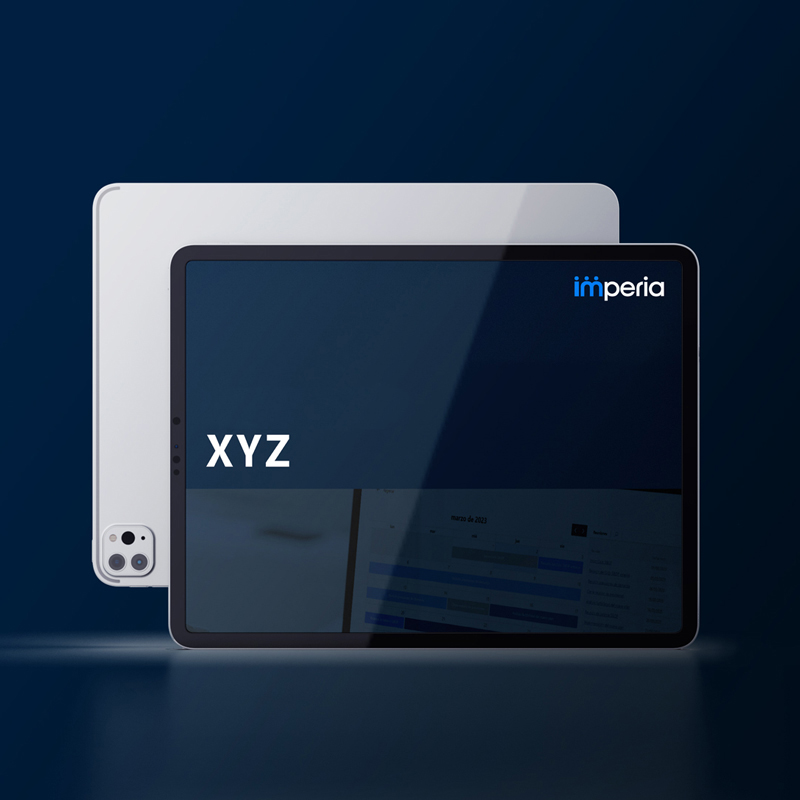










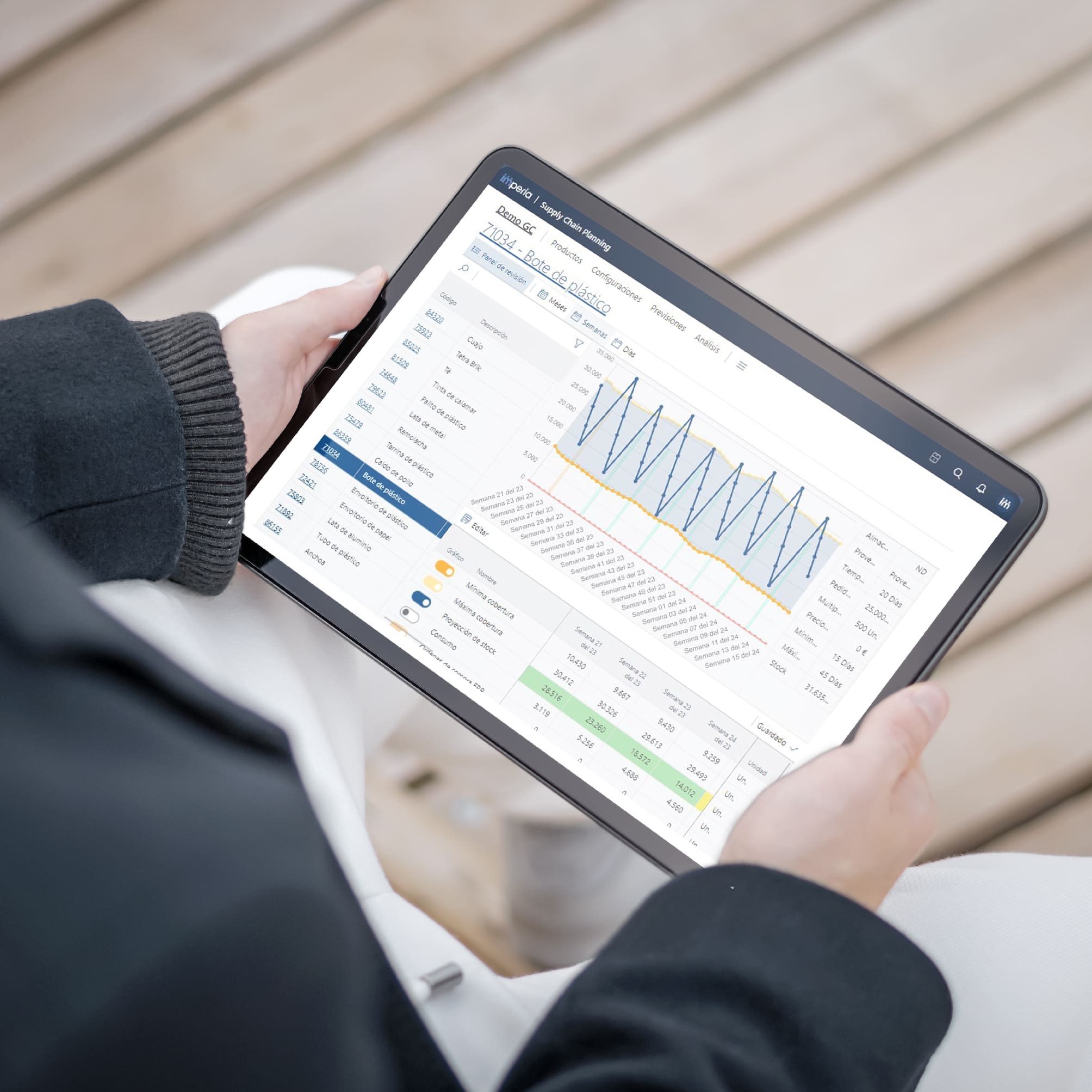















 Imperia_thumbnail.jpg)





















